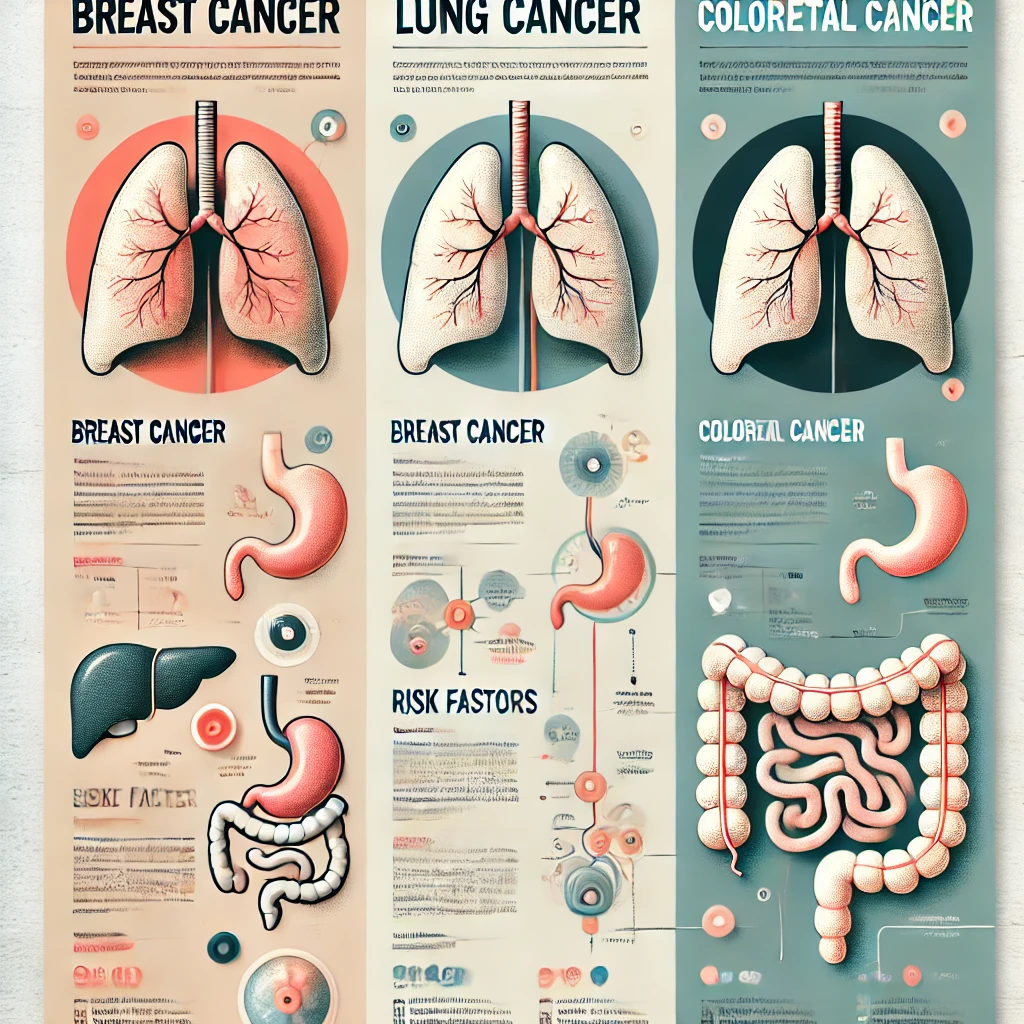Cancer is a tough journey, and for many, the road to recovery can feel overwhelming. Alongside traditional treatments like chemotherapy and radiation,
The Health Impact of Avoiding Meat and Animal
Proteins
In recent years, there has been a growing interest in plant-based diets and the health benefits associated with reducing meat consumption. One key factor driving this shift is the impact of animal proteins on the body, particularly in relation to insulin levels, growth factors, and disease risks. In this blog post, we will delve into the reasons why cutting down on meat and animal products might contribute to a healthier and longer life.
IGF-1 and Chronic Inflammation:
Let’s start with Insulin-like Growth Factor 1 (IGF-1), a growth factor that plays a crucial role in cell growth and development. However, excessive levels of IGF-1 have been linked to chronic inflammation, a condition associated with various health issues. Studies suggest that by reducing animal protein intake, particularly red meat, levels of IGF-1 can be lowered. This reduction, in turn, has been associated with a longer lifespan and a decreased risk of developing chronic diseases like cancer and diabetes.
Insulin Levels and Diabetes Risk:
Animal proteins, especially from red meat, have been implicated in increasing insulin levels in the blood. This rise in insulin secretion and the subsequent development of insulin resistance contribute to an elevated risk of diabetes. The mechanism is twofold: increased insulin makes the body more prone to converting dietary calories into body fat, and it boosts the secretion of lipo-protein lipase, an enzyme that facilitates the uptake of fat into the body. This process ultimately leads to weight gain, a significant concern given the global rise in obesity and associated health problems.
Red and Processed Meat: A Recipe for Premature Death:
The dangers associated with meat consumption are not limited to diabetes; they extend to a higher risk of premature death from all causes, with a particular emphasis on cardiovascular disease and cancer. Both processed and unprocessed red meats have been implicated in these risks. A study conducted by Harvard Health Professionals found that a daily serving of red meat, no larger than a deck of cards, increased the risk of type 2 diabetes by 19%. Meanwhile, a daily serving of processed meat, even half the size of that, such as one hot dog or two slices of bacon, was associated with a staggering 51% increase in the risk of diabetes.
Conclusion
In conclusion, the evidence is mounting in favor of reducing meat and animal protein intake for the sake of our health. From the role of IGF-1 in chronic inflammation to the link between red and processed meat consumption and diabetes and premature death, there are compelling reasons to reconsider our dietary choices. Embracing a more plant-centric diet not only appears to contribute to a longer and healthier life but also aligns with broader environmental and ethical considerations.
As we move forward, it’s crucial to stay informed about the latest research and engage in a balanced, well-rounded approach to nutrition. While eliminating meat entirely might not be feasible for everyone, incorporating more plant-based options into our diets could be a step toward reaping the benefits of reduced animal protein consumption.
YES, I WANT TO BOOK A FREE WELLNESS COACHING CALL
Types of Cancer and Their Symptoms If you’ve found your way to this blog post, welcome! Whether you’re here for educational purposes,
The Surprising Link Between Coffee and Cholesterol A Deeper Brew Coffee, a morning ritual for many, has long been celebrated for its
Embark on a Healthier Journey to Minimizing Toxic Exposure in Your Diet and Environment In our fast-paced, modern lives, where convenience often
POWERFUL STRATEGIES AND MINDSET SHIFTS TO BEAT CANCER Powerful strategies and mindset shifts that will support you throughout your battle. Get ready
The Health Impact of Avoiding Meat and Animal Proteins In recent years, there has been a growing interest in plant-based diets and
The Sweet Solution: How Dark Chocolate Unwraps a Healthier You In a world where stress feels like a constant companion, the discovery

Disclaimer – The information provided on this website and within our health and wellness program is intended for general educational and informational purposes only. It is not intended to be a substitute for professional medical advice, diagnosis, or treatment. Always seek the advice of your physician or other qualified healthcare provider with any questions you may have regarding a medical condition.Our program is not a substitute for medical or psychological treatment. We do not claim to cure, prevent, diagnose, or treat any disease. We are not responsible for any adverse effects, injuries, or health problems that may arise from participating in our program or following the information provided on this website.
Results may vary and are not guaranteed. The testimonials and examples used on this website are not intended to represent or guarantee that anyone will achieve the same or similar results.By accessing and using this website and participating in our program, you acknowledge that you have read, understood, and agree to the terms of this disclaimer. If you do not agree to these terms, do not use this website or participate in our program.







